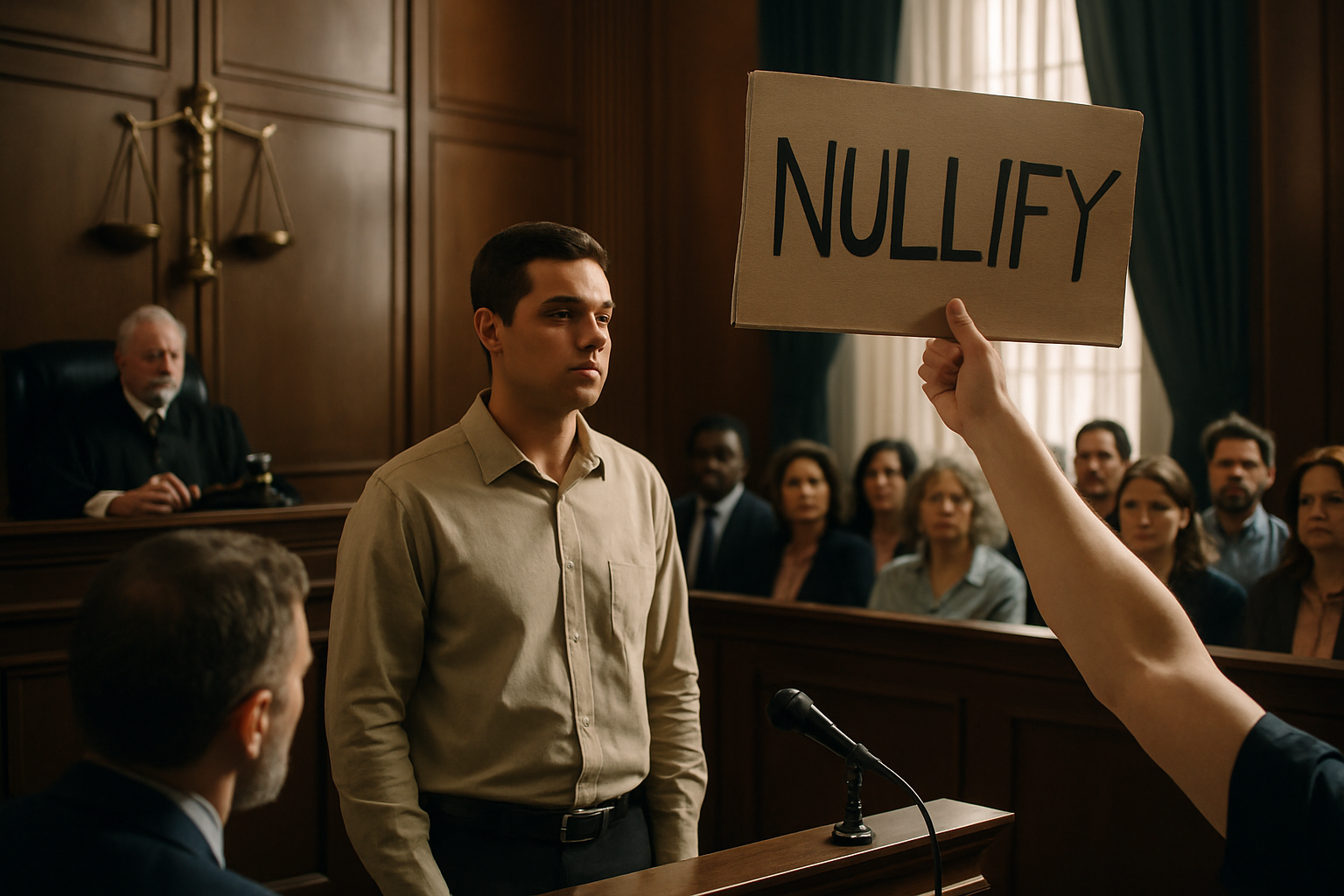An Examination of the Jury Nullification Principle
Jury nullification is a concept in law that allows jurors to acquit a defendant even if they believe he or she is guilty of the charges. This article delves into the history, legal controversies, and societal implications associated with this intriguing legal principle.

The Historical Context of Jury Nullification
Jury nullification traces its roots back to 1670, during the trial of William Penn in England. Penn, charged with unlawful assembly, was acquitted by the jury despite clear evidence against him. This event marked the first known instance of jury nullification, setting a precedent for future cases. The principle crossed the Atlantic with colonial settlers and has been part of the U.S legal system since the country’s inception.
Jury Nullification in Modern Legal Developments
In modern times, jury nullification has been a contentious issue. It’s neither illegal nor fully recognized in the legal framework. Courts don’t instruct juries about their power to nullify, and juror attempts to discuss it can lead to dismissal from service. Despite its controversial status, jury nullification has played a role in significant cases throughout history, including the 1850 Fugitive Slave Act trials, where Northern juries refused to convict individuals who aided escaped slaves.
Current Legal and Policy Discussions
The debate over jury nullification is ongoing. Critics argue that it undermines the rule of law, allowing jurors to ignore legal provisions at will. They worry this could result in unpredictable and inconsistent verdicts, threatening the fairness of the justice system. Supporters, however, view nullification as a crucial check on government power. They argue that it allows citizens to resist unjust laws and that its use can signal broader public disapproval of certain legislation, potentially driving legal reform.
Implications and Impact of Jury Nullification
Jury nullification has far-reaching implications. It can serve as a form of protest against laws perceived as unjust, potentially influencing legal and social change. However, its application can also lead to acquittals in cases where the evidence clearly indicates guilt, posing questions about the justice system’s efficacy. The principle’s impact varies, reflecting societal attitudes towards specific laws at different times.
Legal Facts and Research
Despite its contentious nature, jury nullification is a legal reality. As per research, nullification instances are likely underreported due to the principle’s controversial nature and the lack of formal recognition within the legal system. While the U.S Supreme Court has upheld the right to jury trials, it has consistently refrained from endorsing the practice of nullification.
In conclusion, jury nullification, while not formally recognized, plays an undeniably significant role in the justice system. Its existence presents a paradox that the legal world continues to grapple with: a mechanism that can potentially undermine the law while simultaneously serving as a powerful tool for societal change.






